Judges rejected the woman's appeal on Friday against the British government's decision to revoke her U.K. citizenship, stating that it was not their place to decide whether the action was “harsh.” The lady had traveled to Syria as a teenager in order to join the Islamic State organization.
At the age of twenty-four, Shamima Begum and two other females left London in February 2015 to marry IS jihadists in Syria. This was during a period when the group's internet recruiting campaign attracted a large number of naive youth to its self-declared caliphate. Begum had three children, all of whom passed away, after marrying a Dutch IS fighter.
She appeared at a Syrian refugee camp in 2019 and has lived there ever since, but the authorities quickly revoked her British citizenship. Begum attempted to appeal the decision last year at the Special Immigration Appeals Commission, a body that considers cases involving orders to revoke British citizenship for reasons of national security but was unsuccessful.
With the British Home Office opposing the case, her attorneys filed a second attempt to get that ruling overturned at the Court of Appeal.
Despite the possibility that she was "influenced and manipulated by others," all three judges rejected her petition, concluding that she had made a "calculated" choice to join IS.
Chief Justice Sue Carr delivered the verdict, stating that it was not the court's prerogative to determine whether Begum was the "author of her own misfortune" or if the decision to deprive her of her British citizenship was "harsh."
She noted that the court's only responsibility was to determine whether Begum's citizenship had been revoked unlawfully.
The judge went on, "Ms. Begum's appeal is dismissed since it was not."
Carr announced a seven-day delay in any discussions on the unanimous ruling's ramifications, which may involve an attempt to file an appeal with the British Supreme Court.
A second challenge was planned, according to Begum's attorney.
"It seems like the only thing we can truly say with certainty is that we will not give up," Daniel Furner said outside the Royal Courts of Justice.
After five years of fighting, Shamima and her family still haven't received justice in a British court, so he said, "I want to apologize to her and her family and promise her and the government that we will not stop fighting until she does get justice and until she is safely back home."
Begum's legal team said that Begum should have been handled as a victim of child trafficking rather than a security concern, and that the decision made by Sajid Javid, the British interior minister at the time, rendered her stateless.
Javid declared that he was happy with the verdict that was "upheld."
"Home secretaries should have the authority to stop anyone who is determined to be a threat to our country from entering," he added. "This is a complex case."
According to the Conservative administration in Britain, she was able to apply for a Bangladeshi passport through her relatives. However, Begum's family maintained that she was British and never had a passport from Bangladesh.
The government will "always take the strongest possible action to protect our national security and we never take decisions around deprivation (of citizenship) lightly," according to a spokesman for Prime Minister Rishi Sunak.
Several activists expressed their dissatisfaction with the decision and claimed that the government must take accountability for its actions.
The government has the power to solve it since it is now a political issue, according to Maya Foa, director of the Reprieve Human Rights advocacy organization. In the event that the government believes Shamima Begum is guilty of a crime, a British court should hear her case. Removing one's citizenship is not the solution.
End//voice7news.tv



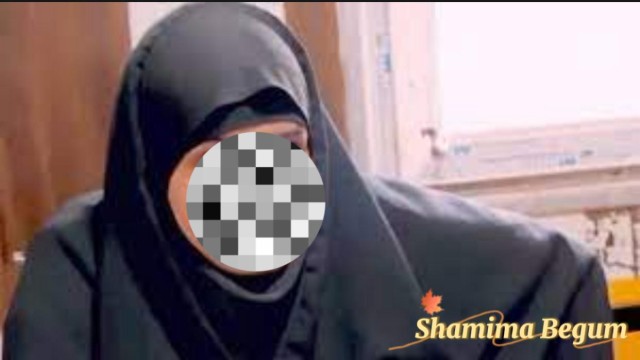








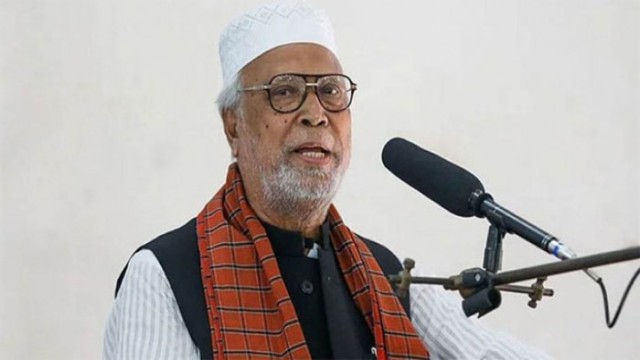




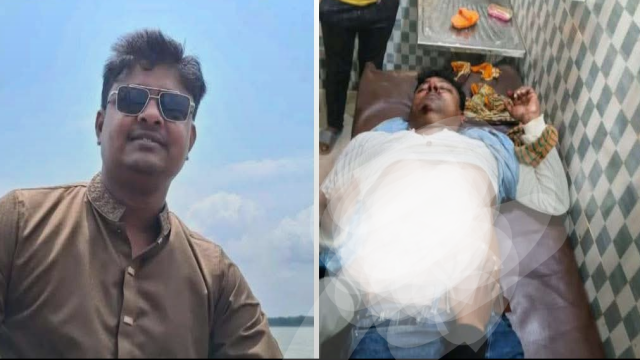
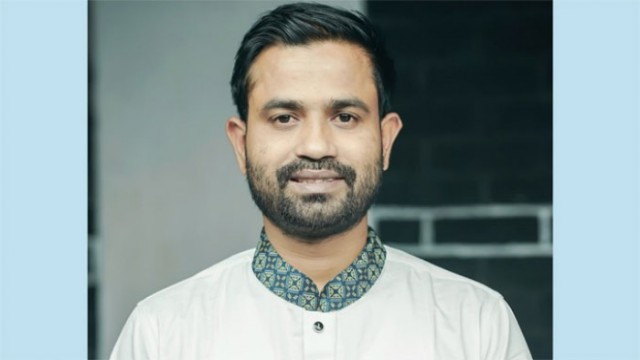




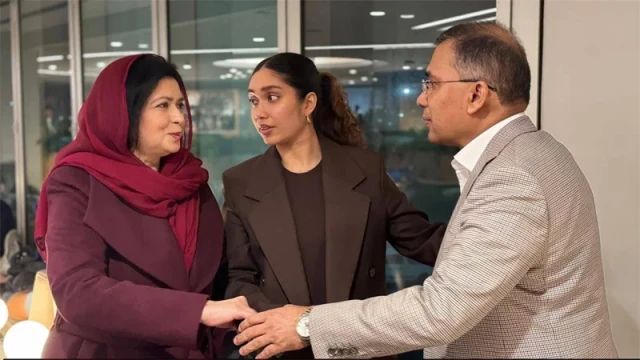
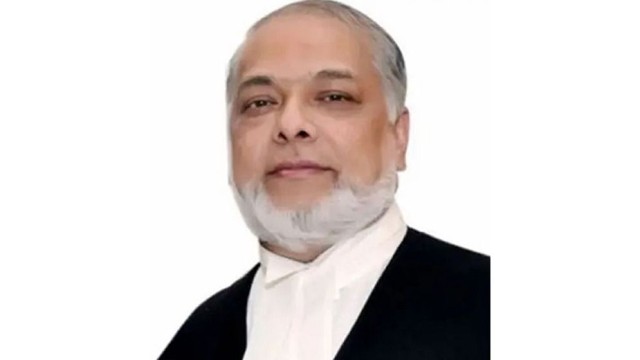



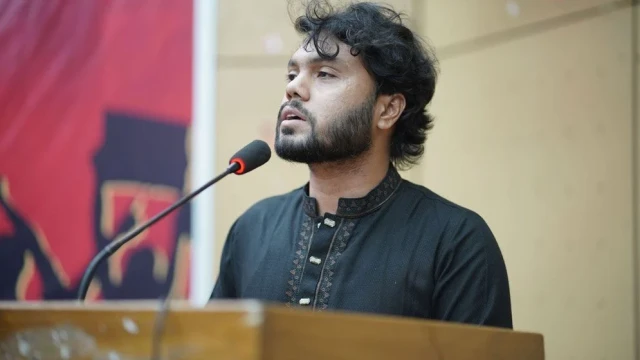
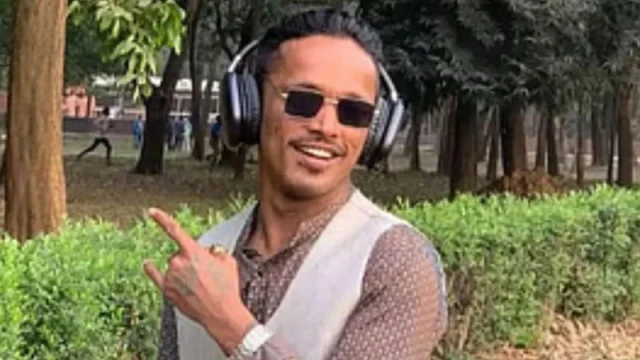

Comment: